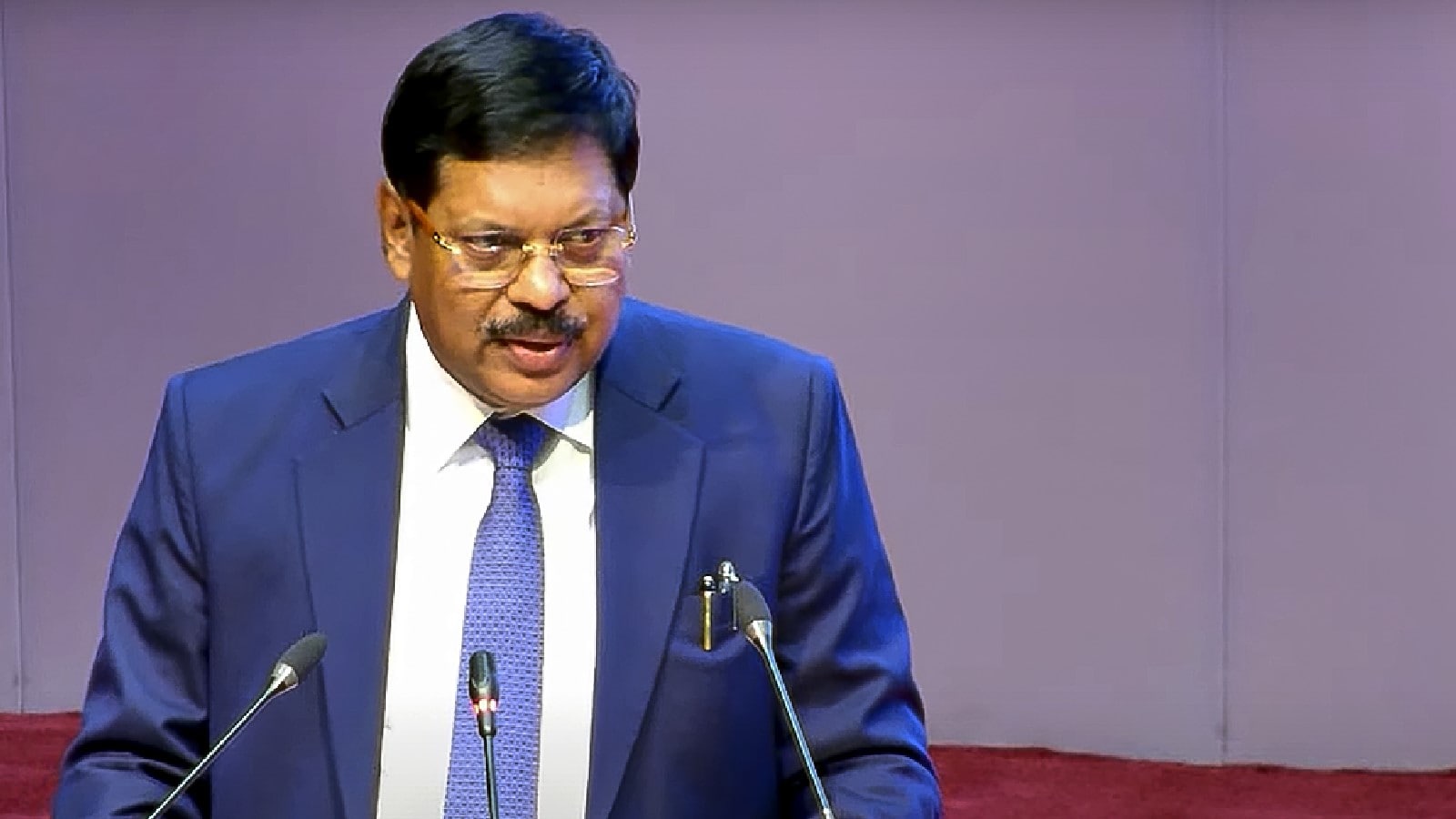Awoniyi Injury Spurs FIFA to Fast-Track Advanced Offside Tech at Club World Cup

Major Shift in Football Technology: FIFA to Implement Advanced Offside System Following Awoniyi Incident
In a surprising turn of events, FIFA has announced a rapid rollout of advanced semi-automated offside technology for Video Assistant Referee (VAR) operations, starting with the upcoming Club World Cup. This decision comes swiftly after a concerning injury suffered by Nottingham Forest striker Taiwo Awoniyi, highlighting the potential for human error and the need for enhanced accuracy in offside calls.
What is Advanced Semi-Automated Offside Technology?
The technology builds upon existing VAR procedures but utilizes sophisticated sensors and cameras strategically positioned around the stadium. These cameras track the position of the ball and players in real-time, with artificial intelligence (AI) algorithms instantly determining when a player is in an offside position. The system then alerts the VAR team, providing them with crucial information to make more informed and quicker decisions.
Unlike the current VAR process, which heavily relies on manual video review, this advanced system significantly reduces the time taken to make offside calls. It aims to minimize subjective interpretations and improve the overall consistency of decisions across different matches and referees. The “semi-automated” aspect signifies that the VAR team still retains the final decision-making authority, but they are now equipped with a far more precise and reliable tool.
The Taiwo Awoniyi Factor
While FIFA has stated that the technology implementation was already in progress, the serious injury sustained by Taiwo Awoniyi during a recent match has undoubtedly accelerated the timeline. Details surrounding the nature of Awoniyi’s injury are still emerging, but the incident served as a stark reminder of the potential consequences of incorrect offside calls, particularly when they lead to dangerous challenges or collisions.
The incident sparked widespread debate among fans and pundits alike, with many questioning the accuracy and speed of current VAR procedures. This pressure, combined with FIFA’s commitment to improving the fairness and integrity of the game, has led to this expedited implementation.
Impact on the Club World Cup and Beyond
The Club World Cup will serve as a crucial testing ground for the new technology. FIFA officials will closely monitor its performance, gather feedback from referees and match officials, and make any necessary adjustments before a wider rollout across major competitions. The ambition is to eventually integrate this technology into leagues and tournaments worldwide, ensuring a more consistent and accurate application of the offside rule.
Looking Ahead: The Future of Offside Technology
This move represents a significant step forward in the evolution of football officiating. While concerns about the potential for over-reliance on technology and the impact on the flow of the game remain, the benefits of increased accuracy and reduced decision-making time are undeniable. As AI and sensor technology continue to advance, we can expect further innovations in football officiating, ultimately enhancing the viewing experience for fans and ensuring a fairer playing field for all.
The introduction of this technology is not just about correcting errors; it's about proactively preventing potential injuries and upholding the spirit of fair play in the beautiful game.






